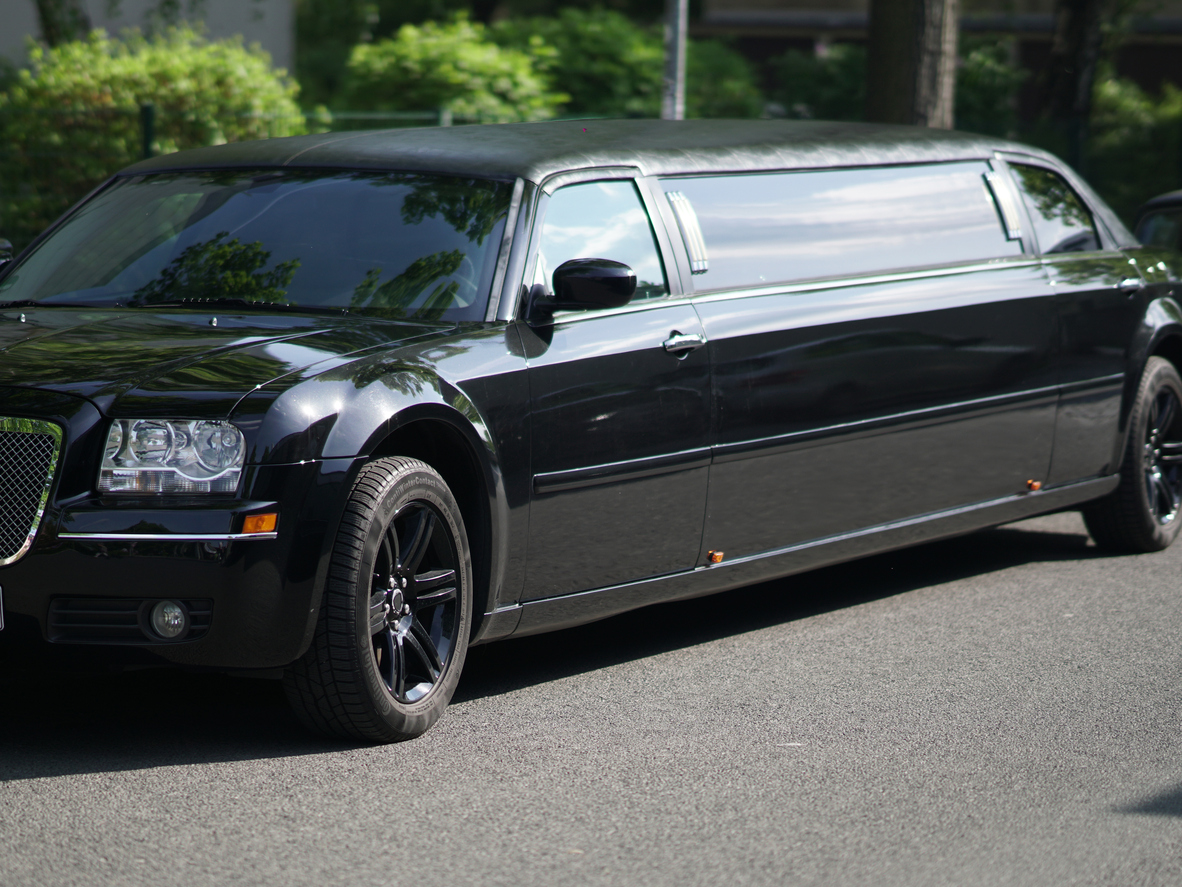Earlier this month, a limousine accident in upstate New York claimed the lives of 18 people. The limousine driver, 18 passengers, and 2 pedestrians were killed in the fatal crash. Preliminary reports indicate that the stretch limo involved in the accident had failed a safety inspection about one month before the crash.
The tragic accident, which is believed to be the most devastating traffic accident in recent history, has sparked a conversation about limousine safety across the country. California is one of a handful of states to have fairly strict licensing, insurance, maintenance, and operation regulations in place. Violating state law can make limousine companies vulnerable to personal injury lawsuits in the event of an accident or injury.
Are Limousines Common Carriers?
Yes. In California, limousines are considered to be common carriers. A common carrier is defined as a business that transports people from one place to another in exchange for compensation. Other examples of common carriers include buses, trains, planes, and even amusement parks.
Why is it important to note that limos are common carriers? This means that they are held to a higher standard of care than others. When you hire a limousine service you are trusting that the company (and driver) will get you from Point A to Point B safely. Limo drivers and companies can’t guarantee your safety. However, they can use all possible caution and care to ensure your safety. Under California law, limousines and other common carriers must:
- Use the highest care and the vigilance of a very cautious person;
- Do all that human care, vigilance, and foresight reasonably can do to avoid harm; and
- Use reasonable skill to provide everything necessary for safe transportation.
In other words, limousine companies have to do everything that is necessary and reasonable to ensure the safe transport of clients. This includes abiding by all applicable local, state, and federal laws.
California Limousine Safety Laws
California has strict licensing, insurance, and operation regulations for limousine services.
Limousine Licensing: Limousine companies must apply for a special operating license with the California Public Utilities Commission. This license is known Charter-Party Carrier, or TCP. In order to obtain the license, companies must provide detailed information about all vehicles that will be used to transport clients throughout the state. The CPUC must be notified whenever a new vehicle is added to the fleet. The company will receive a special permit that relates to seating capacity. Limousine companies must not transport more clients in a single vehicle than allowed by the TCP permit. Companies that intend to use modified limousines must apply for additional licenses and permits.
Insurance Requirements: All limousines in California must be fully insured. The state has minimum insurance requirements, which depend on the seating capacity and size of a vehicle.
Driver Restrictions: All limousine drivers must be licensed and comply with all requirements of the California Vehicle Code and California Code of Regulations. Drivers must either hold the TCP authority or permit or be “under the complete supervision, direction, and control of the operating carrier.” In other words, the driver must apply for CPUC permits or work for an authorized limousine company. New laws limit the amount of time a modified limousine can spend behind the wheel at one time. In most situations, limousine drivers cannot drive more than 10 hours at one time after taking an 8-hour break.
New Safety Regulations for Modified Limos in California
Many companies use modified limousines. A modified limousine is defined in 378(b) CVC as “any vehicle which has been modified, altered, or extended in a manner that increases the overall wheelbase of the vehicle, exceeding the original equipment manufacturer’s [specifications]…in any amount sufficient to accommodate additional passengers.” In California, modified limos can’t transport more than 10 people, including the driver.
Following a pair of fatal limousine accident in 2013, state lawmakers turned their attention to the legal treatment of modified limos. A new string of regulations changed how limousine companies in the state could operate. Under the new laws, modified limousines must:
- Be retrofitted to include two more points of exit on the vehicle (either pop-out windows or a window and roof hatch)
- Be designed with five doors and an emergency exit (pop-out window or roof hatch)
- Be subject to regular safety inspections every 13 months, and
- Ensure drivers adhere to strict traveling restrictions.
Under old laws, modified limousines weren’t subject to inspections. There were also few oversight requirements to ensure that vehicles were modified safely. The new laws aim to protect passengers who hire limo services for travel in and across California.
Holding Limousine Companies Liable After an Accident
Who can you hold responsible if you’re injured in a Los Angeles limousine accident? The answer will really depend on what caused your accident. Determining the cause will help your attorney to identify fault. However, possible defendants in a limousine accident lawsuit could include:
- Limousine companies
- Limousine drivers
- Companies contracted to modify stretch limousines
- State inspection agents
- Other drivers on the road, or
- Government agencies responsible for road maintenance and safety.
Anyone who contributes to your accident can be liable for damages. The best thing you can do after an accident is to speak with an experienced Los Angeles personal injury attorney. Your attorney will review your case and help you fight for the compensation you deserve.
Have you been injured in a Los Angeles accident? Are you confused about your legal rights and options? Are you concerned that you won’t be able to recover the money you need? Contact the Los Angeles Accident Center to schedule a free consultation with our skilled legal team today. We’re here to help you after you are injured in a Los Angeles accident.

